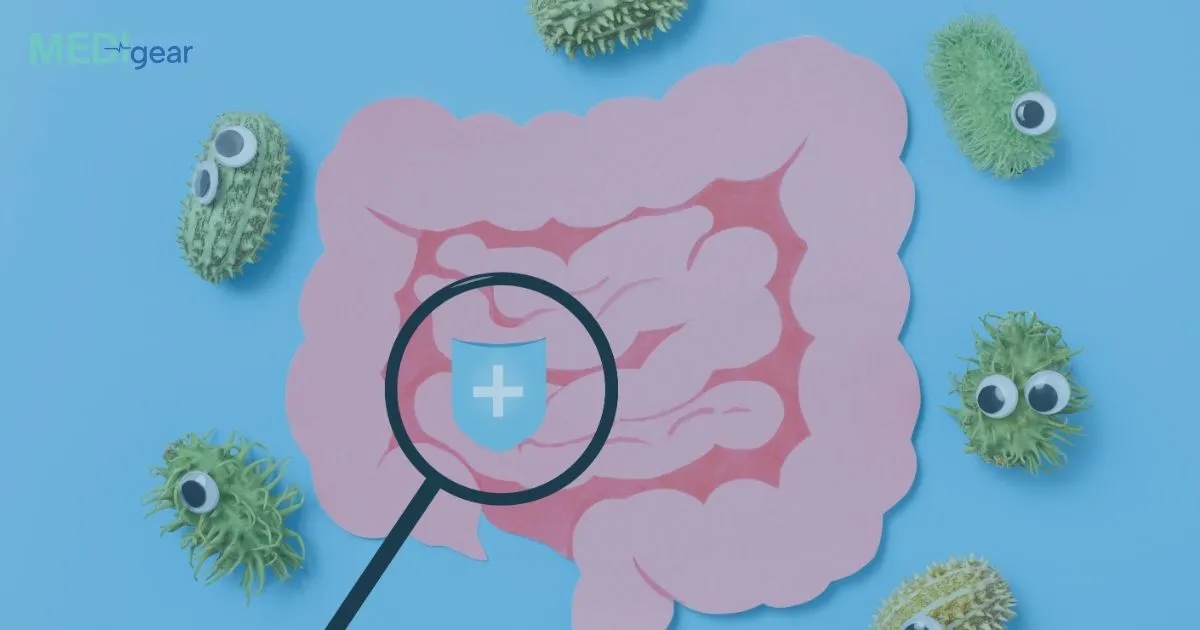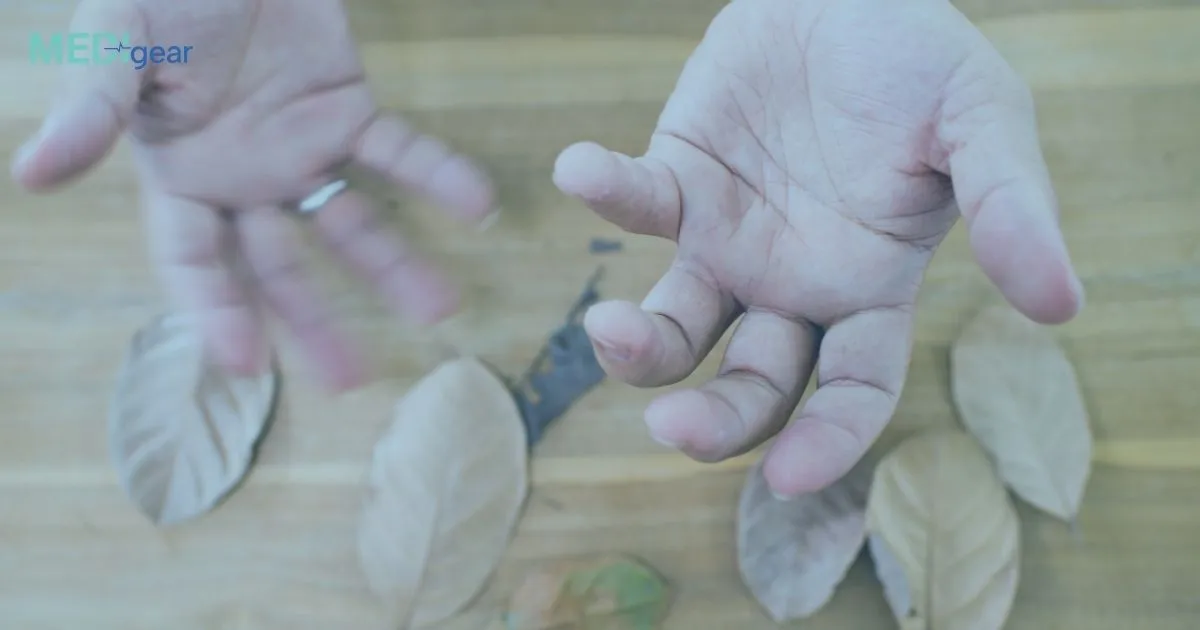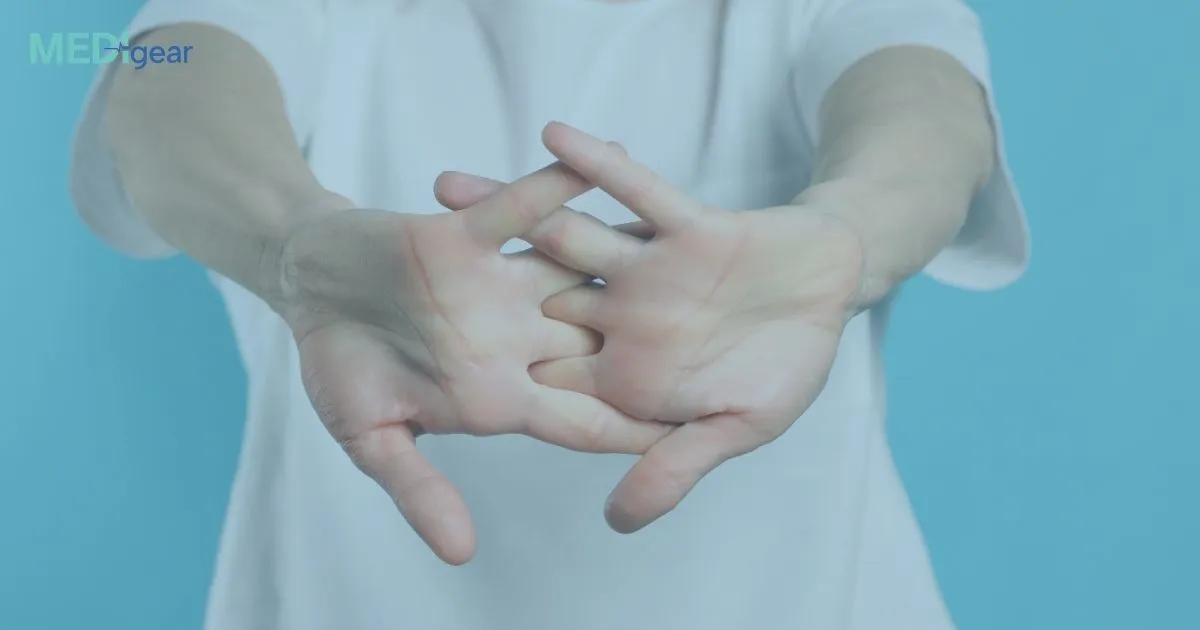Continuous Positive Airway Pressure (CPAP) therapy is a standard treatment for obstructive sleep apnea, a condition where breathing repeatedly stops and starts during sleep. CPAP machines deliver a constant flow of pressurized air through a mask to keep the airway open. While effective, many patients experience dryness or irritation from the airflow. This is where humidifiers play an important role.
Why Humidification Is Important in CPAP Therapy
- Reducing Dryness and Irritation
Pressurized air from CPAP machines can dry out the nasal passages, mouth, and throat. A humidifier adds moisture to the air, preventing discomfort such as a sore throat, cracked lips, or nosebleeds. - Improving Airway Comfort
Moisturized air helps reduce nasal congestion and irritation of the mucous membranes. This makes therapy more comfortable and increases patient adherence. - Enhancing Sleep Quality
Patients are more likely to continue CPAP therapy when they are comfortable. By reducing dryness and breathing difficulties, humidifiers contribute to deeper, uninterrupted sleep. - Preventing Sinus and Respiratory Issues
Dry air may worsen sinus problems or trigger respiratory discomfort. Humidifiers keep the airways moist, lowering the risk of sinus infections and respiratory irritation.
Types of CPAP Humidifiers
- Heated Humidifiers
These warm the water in a chamber, producing moisture-rich air that is more comfortable to inhale. Heated humidifiers are especially useful in colder climates where air tends to be dry. - Passover Humidifiers
Air passes over room-temperature water before reaching the patient. While less effective than heated systems, they still help reduce dryness.
Benefits of Using Humidifiers with CPAP
- Increases comfort and compliance with therapy.
- Reduces nasal congestion and throat irritation.
- Supports healthier breathing during sleep.
- Enhances overall effectiveness of CPAP therapy.
Conclusion
Humidifiers are not just optional add-ons to CPAP machines—they are essential components that make therapy more tolerable and effective. By ensuring a steady flow of comfortable, moisturized air, they help patients with sleep apnea get the restorative sleep they need.
Disclaimer: This blogpost is for informational purposes only and should not be considered medical advice. Patients should consult their healthcare provider before making adjustments to their CPAP equipment.






